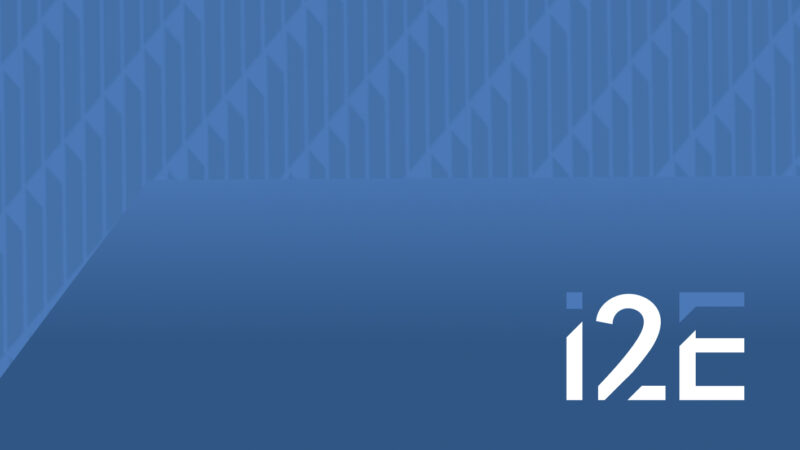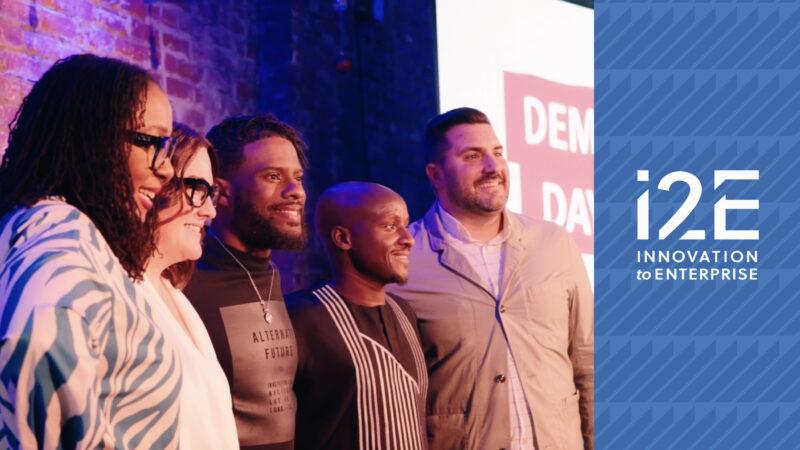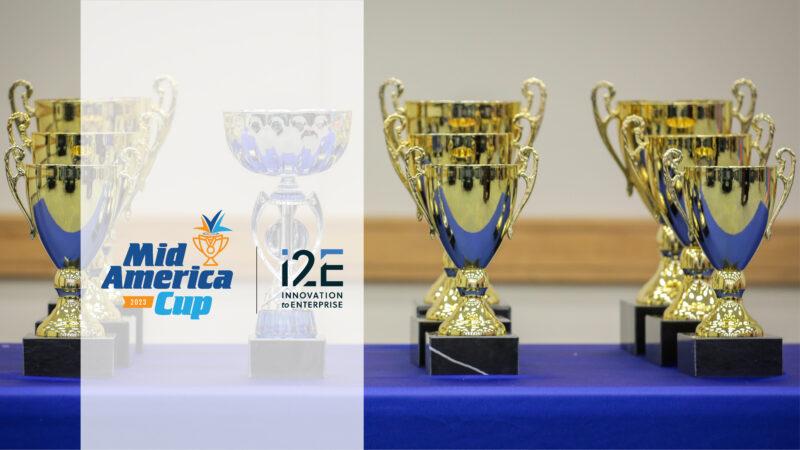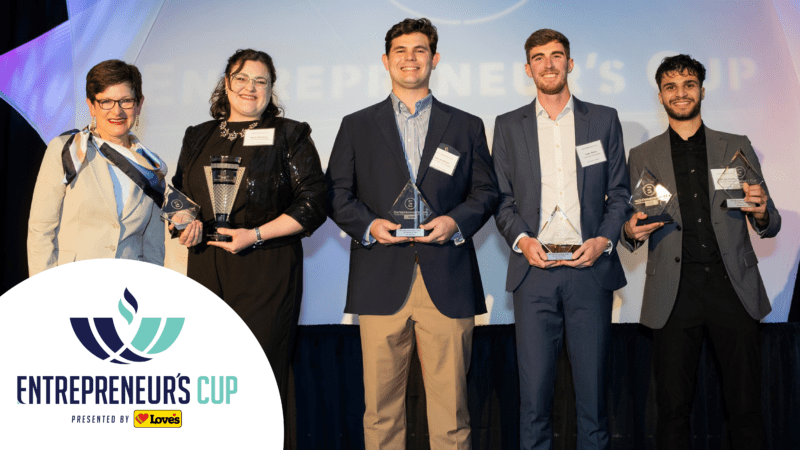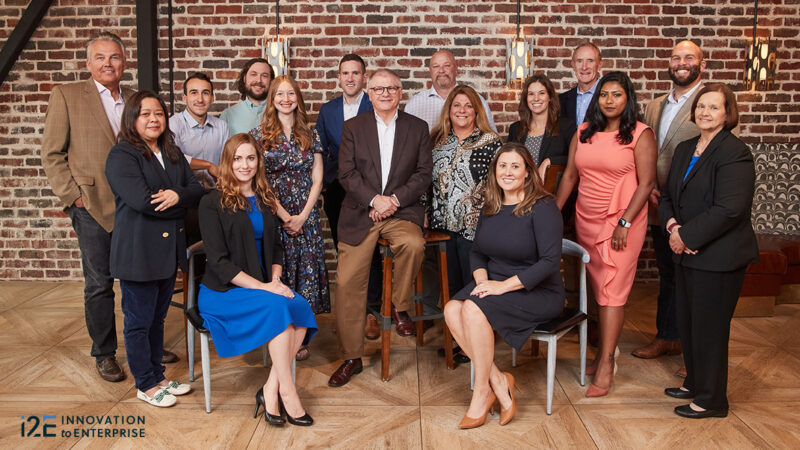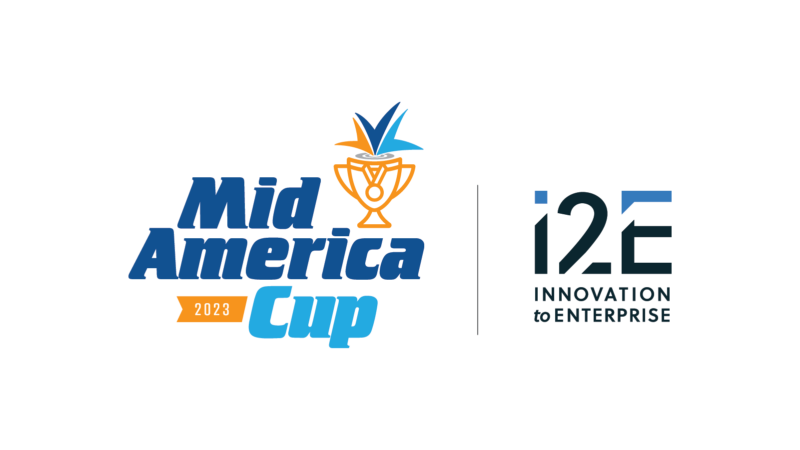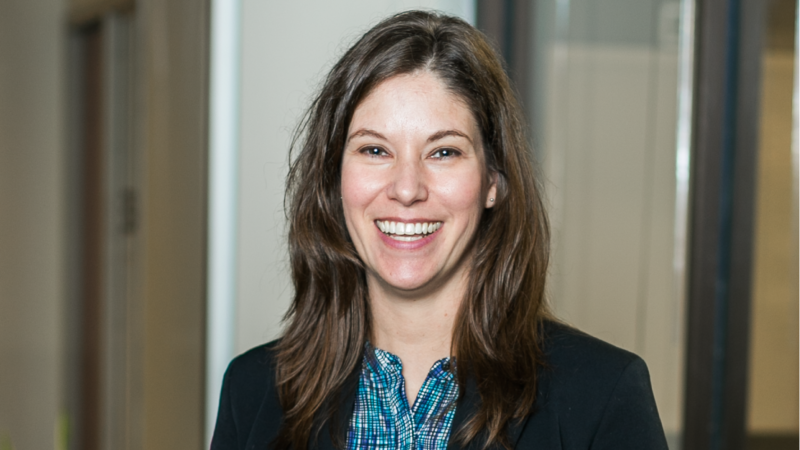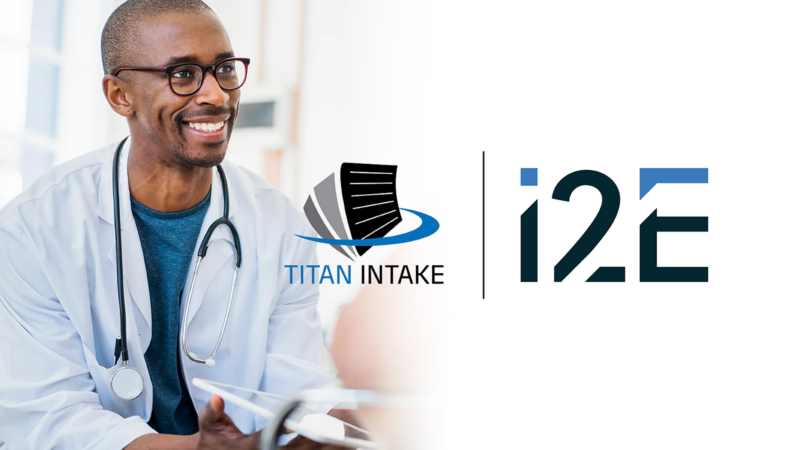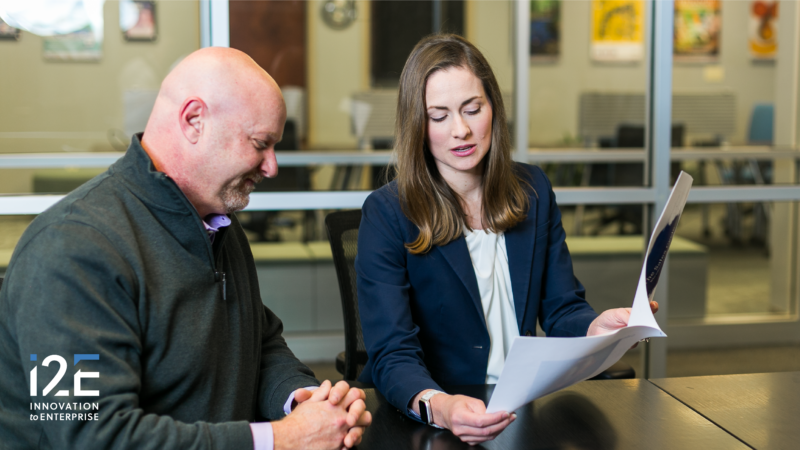By Scott Meacham
Copyright © 2014, The Oklahoma Publishing Company
“In a handful of countries scattered across the world, virtually all kids are learning to think critically in math, reading and science.”
That’s how Amanda Ripley begins her book, “The Smartest Kids in the World (and how they got that way)”.
Ripley examines how American education stacks up not only against other countries but against the skills required for jobs in today’s innovation economy.
She quotes results from international tests showing that, like many countries, the U.S. doesn’t educate all its students well — even kids who are better off. However, these results also show that a few countries — for example, Finland and Canada — have figured out how to provide high quality education for the majority of their students.
Ripley set out to determine what was unique about these higher performing countries. She enlisted the help of three “field agents,” U.S. AFS exchange students in Finland, Poland and South Korea.
One of those exchange students was a high school sophomore named Kim from Sallisaw who was studying in Finland.
Now, I don’t know Kim. I don’t even know her last name; but that she was an Oklahoman studying in Finland piqued my interest in Ripley’s analysis.
The thing that really caught my attention was the difference in attitude toward learning between the U.S. students and those from other countries.
In Finland, students make a definite connection between hard work in school and a good job in the future. In the U.S., our students tend to focus more on their present circumstances and don’t make this connection as strongly.
Unfortunately, I have seen this in my own children and their friends.
Maybe it’s that there’s more a sense of entitlement here, or maybe there is too much clutter, too many extracurricular activities, too much of an emphasis on the “stuff” that surrounds the educational experience rather than the educational experience itself.
I’m concerned about what this means for our future, especially when I hear from entities as diverse as the National Institutes of Health, the State Chamber membership, and i2E client companies that there just aren’t enough problem solvers and engineers.
I’m not sure how we as a state or a country tackle this problem. I am the first to admit I don’t have all the answers. There are a lot of people, however, including Gov. Mary Fallin, the State Chamber and other business and educational groups, who have seen the problem that Amanda Ripley has identified and are working on solutions.
What I do know is that if we want to stay competitive as a nation, we’d better find a way to step up the education of all our kids, otherwise we run the serious risk of falling behind the rest of the world.
Scott Meacham is president and CEO of i2E Inc., a nonprofit corporation that mentors many of the state’s technology-based startup companies. i2E receives state appropriations from the Oklahoma Center for the Advancement of Science and Technology
DID YOU KNOW? In the 2012 PISA tests, worldwide exams of students in 65 developed countries, the U.S. performance was less than 29 other nations (below average) in math and just average in science.
Click here to read the article at newsok.com
